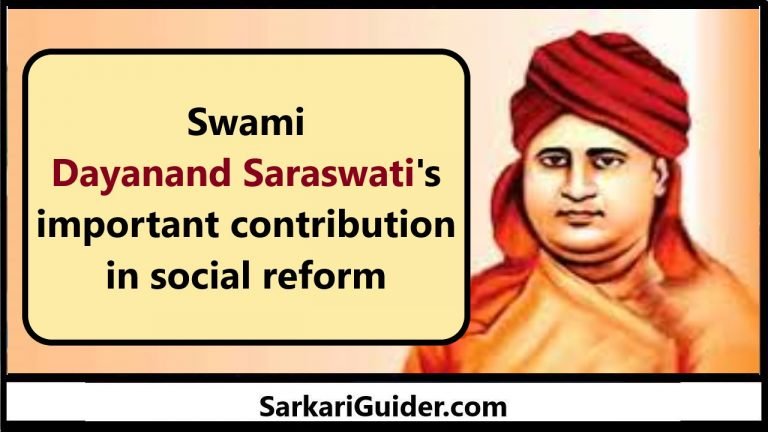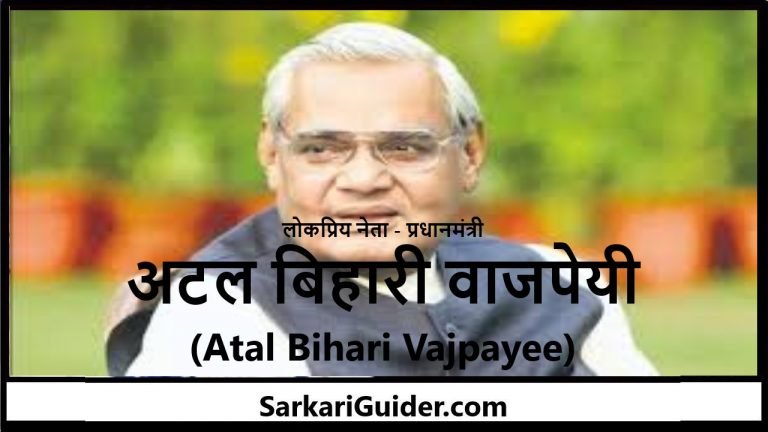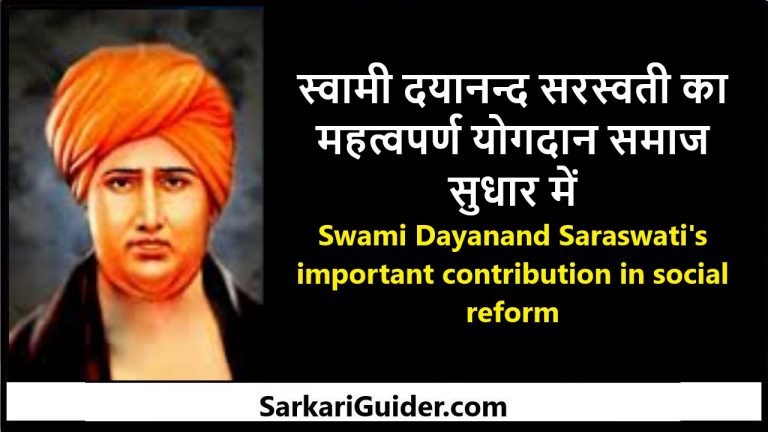Important aspects related to the life of Netaji Subhash Chandra Bose

Important aspects related to the life of Netaji Subhash Chandra Bose
Netaji Subhash Chandra Bose was also one of the great fighters of the h Indian freedom struggle. He was born on 23 January 1887 in Cuttack, the capital of Odisha state. His father Jankinath Bose was a well-known lawyer in Cuttack. Subhash Chandra’s early education was in a foreign school. After passing the matriculation examination, Subhash Chandra Bose enrolled in the Presidency College, Calcutta. In college, an English teacher used to insult Indian students. Subhash Chandra Bose did not like this habit. One day, after getting a chance, he beat the teacher. For this reason, he was expelled from the college. After this, he passed the graduation examination from another university in the first class. He worked for a few days because the financial condition of the house was not good. After saving some money he went to England. From where he returned after two years as a barrister. After returning to India, he considered Deshbandhu Chittaranjan Das as his political guru and plunged into the freedom struggle.
He understood how to improve the condition of the country better than a comfortable life. In 1921, he left the Indian Administrative Service job and joined the National Service. Joined and detained in non-cooperation movement. Successfully conducted the forward letter active in the Swarajya Party in 1922 and in 1924 was appointed as the executive officer of the Calcutta Municipality. In the same year, he was imprisoned in Madale jail due to opposition to the Bengal ordinance. He went on a fast in 1926 against misbehavior in prison. In 1928 he was elected President of the Provincial Congress. Due to differences with Gandhiji, he resigned from the post of Congress President. He realized that freedom cannot be achieved by peace and by insistence. Netaji Subhash Chandra Bose formed the Forward Block Team to attain self-rule. Due to this team he resigned from Congress. His enthusiasm, wisdom and the implementation of the unmatched plan made the British tremble. He was arrested and released several times by the British. Once he was placed under house arrest due to the caliphate against the British government.
Subhash Chandra Bose escaped from his home in disguise. After traveling fifteen thousand miles as a deaf-dumb Pathan, Subhash Chandra Bose reached Berlin via Afghanistan. Hitler was ruled in Germany at that time. Hitler respected Subhash Chandra Bose and assured him of all possible help. Hitler gave Netaji Subhash Chandra Bose two years of military training. Thus he proved to be a good general. In 1942, Netaji formed the Azad Hind Fauj in Japan. The youth involved in this independent Hind Fauj formed by Subhash Chandra Bose were quite courageous and brave. Seeing the bravery of Azad Hind Fauj, British power was shaken for once. His feet were uprooted. After the formation of Azad Hind Fauj, Netaji had given the slogan to encourage the Indians living the life of slavery – you give me blood, I will give you freedom.
The values and principles of Netaji will continue to give direction to the entire countrymen till the ages. His vigorous personality had a magical effect on each of his followers. In fact, Subhash Chandra Bose was a great Indian soul, in the words of Netaji, Indian nationalism is neither narrow nor selfish nor aggressive. Indian nationalism draws inspiration from the higher ideals of mankind – Satyam, Shivam, Sundaram. Indian nationalism teaches cultivation, honesty, humanity and service. No matter what the circumstances were, he remained sublime in every situation. Subhash Chandra Bose was a true Indian by nature. Subhash Chandra Bose said – “We have proposed the creation of an independent and independent India, so we will oppose all efforts to divide it and cut it into pieces” … We feel that the partition of the country makes it economical Will destroy culturally and politically.
All the concepts of Subhash Chandra – beliefs, activities, planning – projects had the same axis of liberation of India. India’s reputation as a strong self-respecter of freedom. Netaji’s personality was rare. He was disciplined and dutiful in himself. He considered duty as the path of his life. He said that we have immense power and what is not there is confidence and reverence. There is a lack of motivation in the life of the person and caste in our country. We have forgotten the ideals and our will power has waned. Both these things are the main reason for our national inferiority. During his detention in Madale jail, he had clarified the purpose of his life, saying – by the squeeze of his entire life and education, I have achieved the truth that everything of the subjugated caste is meaningless. Education, initiation, karma, everything if it is not helpful or favorable to achieve independence. He said – Your life is yours and it is also your responsibility to improve it.
Despite the lack of means and facilities, the Azad Hind Fauj showed indomitable courage. He defeated the British military power several times on many fronts. However, due to the defeats of Germany and Japan, the Azad Hind Fauj was forced to lay down arms.
On 23 August 1945, Tokyo All India Radio broadcast the news of the death of Netaji Subhash Chandra Bose. He is said to have died due to a plane crash. But many believe that Subhash Chandra Bose has not died in an airplane crash. The ideal of patriotism of Subhash Chandra Bose, who has attained the title of Netaji with the only reverence and trust in the whole world, inspires and encourages us even today and will continue to celebrate the coming generations in the same way.
It is noteworthy that commissions were also constituted several times to investigate the alleged disappearance of Netaji. The Shahnawaz Khan Committee in 1956 and the Khosla Commission in 1974 have investigated the case. Both these commissions closely scrutinized the corroded pages of evidence and questioned almost the same witnesses. Both had the same conclusion. He believed that on 18 August 1945, Netaji had a military hospital after his bomber plane fell down in Taihoku (now in Taiwan). His funeral was done only two days after this.
महत्वपूर्ण लिंक
- भारतीय संविधान की विशेषताएँ
- जेट प्रवाह (Jet Streams)
- चट्टानों के प्रकार
- भारतीय जलवायु की प्रमुख विशेषताएँ (SALIENT FEATURES)
- Indian Citizenship
- अभिभावक शिक्षक संघ (PTA meeting in hindi)
- कम्प्यूटर का इतिहास (History of Computer)
- कम्प्यूटर की पीढ़ियाँ (Generations of Computer)
- कम्प्यूटर्स के प्रकार (Types of Computers )
- अमेरिका की क्रांति
- माया सभ्यता
- हरित क्रान्ति क्या है?
- हरित क्रान्ति की उपलब्धियां एवं विशेषताएं
- हरित क्रांति के दोष अथवा समस्याएं
- द्वितीय हरित क्रांति
- भारत की प्रमुख भाषाएँ और भाषा प्रदेश
- वनों के लाभ (Advantages of Forests)
- श्वेत क्रान्ति (White Revolution)
- ऊर्जा संकट
- प्रमुख गवर्नर जनरल एवं वायसराय के कार्यकाल की घटनाएँ
- INTRODUCTION TO COMMERCIAL ORGANISATIONS
- Parasitic Protozoa and Human Disease
- गतिक संतुलन संकल्पना Dynamic Equilibrium concept
- भूमण्डलीय ऊष्मन( Global Warming)|भूमंडलीय ऊष्मन द्वारा उत्पन्न समस्याएँ|भूमंडलीय ऊष्मन के कारक
- भूमंडलीकरण (वैश्वीकरण)
- मानव अधिवास तंत्र
- इंग्लॅण्ड की क्रांति
- प्राचीन भारतीय राजनीति की प्रमुख विशेषताएँ
- प्रथम अध्याय – प्रस्तावना
- द्वितीय अध्याय – प्रयागराज की भौगोलिक तथा सामाजिक स्थित
- तृतीय अध्याय – प्रयागराज के सांस्कृतिक विकास का कुम्भ मेल से संबंध
- चतुर्थ अध्याय – कुम्भ की ऐतिहासिक एवं सांस्कृतिक पृष्ठभूमि
- पंचम अध्याय – गंगा नदी का पर्यावरणीय प्रवाह और कुम्भ मेले के बीच का सम्बंध
Disclaimer: sarkariguider.com केवल शिक्षा के उद्देश्य और शिक्षा क्षेत्र के लिए बनाई गयी है | हम सिर्फ Internet पर पहले से उपलब्ध Link और Material provide करते है| यदि किसी भी तरह यह कानून का उल्लंघन करता है या कोई समस्या है तो Please हमे Mail करे- sarkariguider@gmail.com







